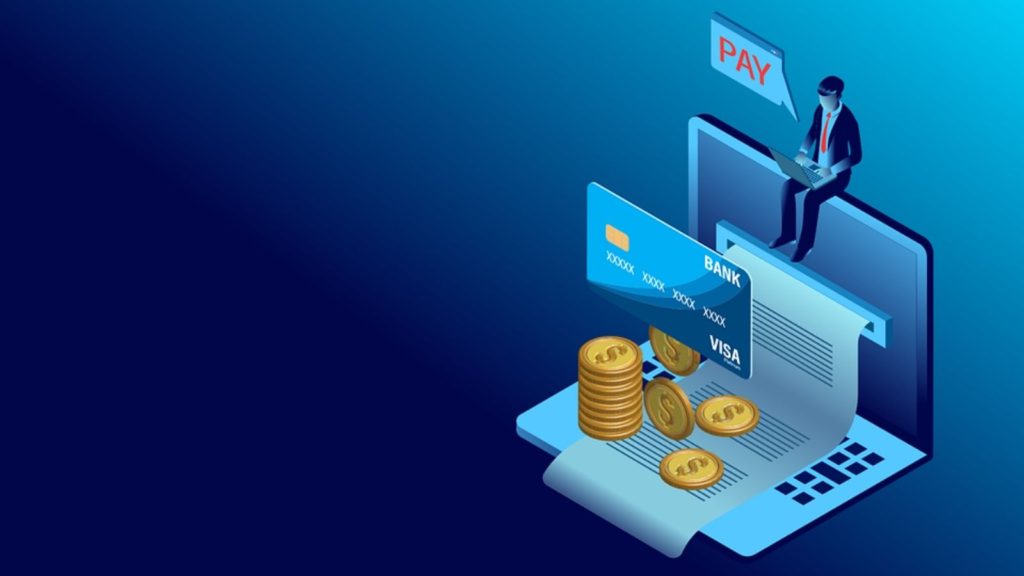Bankrate, a personal finance company, conducted a survey in January to assess Americans’ ability to pay for surprises expenses. The results found only 44 percent of U.S. adults had enough money saved to cover a $1,000, unplanned expense. Source
It’s well known that most people do a poor job of managing their finances and there are seemingly few people that are responsible with their money.
Having a good relationship with money doesn’t mean you have to be ultra-wealthy or earning an incredibly high income either.
It simply means you’re making responsible choices, aren’t making careless decisions regularly, and are comfortable with your income and expenses.
So, what are some of the most common reasons that people are broke and how can you avoid them.
Take a look so you can be sure you’re not making these mistakes that will keep you broke forever.
If you’re interested in becoming the change you want to see in the world, love what you do, become seen and trusted in your niche, have the income to do what you love, and the power to say no to whatever you don’t like, then click here to follow me …
⬇️ ⬇️ ⬇️
Join our notification squad on Aweber
And
For PC click the GREEN bar at the bottom, and for MOBILE click the BLUE button at the bottom of your screen to get immediate notifications from your browser.
1. They Don’t Have Clear Financial Goals.

Financial goals are the starting point for every decision you will make with money, how are you going to increase your income, pay off debt, or work less if you have no direction?
When you set financial goals, you’re establishing a destination for your future which will then allow you to make decisions that will help you achieve that.
For example, becoming debt-free within the next 4 years is a clear and concise goal that you can use to execute a plan that will help you get there.
Want to 10X your income in the next 5 years? What are some things you can begin doing today that will help you reach it?
If you don’t want to be broke forever, the very first thing you should do is come up with a goal of exactly where you would like to be financially, and when you would like to be there.
Whether you want to save $30,000 for a new car, or to put towards a new house, these goals all have a defined finish line.
2. They Don’t Prepare For Emergencies.

Since only 44 percent of U.S. adults had enough money saved to cover a $1,000, unplanned expense. Source this can be a clear problem.
Unexpected expenses are common, and $1000 isn’t exactly a large amount of money when it comes to these types of things.
According to a just-released study by travel-services giant AAA, the average auto repair bill comes to between $500 and $600 — and 1 in 3 motorists can’t pay it without incurring debt.
If you don’t find a way to prepare for financial emergencies, you’re setting yourself up for disaster.
What if you lose your job? What if you require surgery? Or what if you got scammed and need that money for something else?
When you’re not prepared for a common $400 unexpected expense, you’ll be forced to fund them in other ways, such as going into credit card debt.
Then it will not only be a struggle to save an emergency fund but it will be a struggle to pay off the debt, especially when you’re being charged crazy high-interest rates.
3. They Don’t Budget.

In a survey of more than 1,000 Americans, 80 percent said they have a budget. This is the fourth consecutive year we’ve conducted this survey and the highest number of respondents to tell us they’re budgeting. We ran the same poll two years ago and that number was only 68 percent. Source:
The problem is without tracking your income and expenses, it’s nearly impossible to know how much money you spend on various things.
If you’ve ever gotten paid, made a few purchases, and surprisingly have nothing left over, which is making you question where all your money went.
You’ll know why this is so important, budgeting may have a negative stigma partially because the thought of putting your income and all expenses on a Microsoft Excel spreadsheet can be uncomfortable.
However, doing this can be a powerful exercise especially for those who are trying to take control of their finances.
Besides, there are countless tools that are easy to use and tailored for your exact needs which don’t require you to know how to use an ugly and complicated spreadsheet …
If you need to know what tool is right for your circumstances, then click the link below and get started!
I have made a simple self-diagnosis checklist that you can use to make sure you never have to say “I can’t afford it” ever again!
🔻
4. They Don’t Think About The Future.

One of the most common excuses people have about their poor financial situation is that they want to spend money and enjoy life today, not save until they’re too old to enjoy their money.
Understandably, some people don’t want to pinch every penny until they’re dead, it doesn’t make sense to sacrifice your younger years planning for a hopeful fingers crossed retirement.
On the other hand, it’s important to strike the right balance of thinking ahead and having a good time presently.
You want to invest in your future while making smart decisions that will also allow you to enjoy your life while you’re young.
Most people would agree that the right balance would include making decisions that will benefit you in the future and spending money that allows you to have fun now.
5. They Have Expensive Habits.

Rich people are not the only ones that have expensive habits, there are many expensive habits that poor people have which is one thing keeping them from getting ahead financially.
Drinking too much alcohol and smoking are just two examples of an expensive habit that costs more money than people realize.
Another expensive habit is eating out regularly this isn’t just grabbing a bite out a few times a month, I’m talking about eating out regularly sometimes more than eating at home.
People think nothing of spending $60 on a meal out but then turn around and claim they have no money.
$60 here and there isn’t a big deal, but if you’re living paycheck to paycheck avoiding an expense like this on a regular basis can make a great difference.
6. They Have Bad Debt.

Not all debt is created equal, there are 2 forms of debt, good debt which is money you borrow that helps you make money.
For example, this would be something like a mortgage on a rental property where you get rent money from the tenant.
Second, there’s bad debt which is what most commonly comes to mind, this is money borrowed to purchase depreciating assets these are things like cars, clothes, jewelry, phones, and furniture.
When using bad debt not only are you being charged interest instead of earning it, but the items are also depreciating and have little to no returning value.
Furthermore, debt allows people to make purchases they cannot afford and do not have the money for.
For example, someone wants to purchase a new car so they choose to finance it because they can’t afford to pay cash, they’re now paying interest to the lender, the car is depreciating the moment you drive it off the showroom floor, and it was out of their budget in the first place meaning it’s too much for them.
Albert Einstein once described compound interest as the “eighth wonder of the world,” saying, “He who understands it, earns it; he who doesn’t, pays for it.”
7. They Try To Play The Game Of Keeping Up With The Joneses

As Dave Ramsey said, “Most people buy things they don’t need, with money they don’t have, to impress people they don’t even like”.
He also said, “Nothing will make you go broke faster than trying to impress others”.
This thinking and behavior are common, and it happens all the time, many people make purchases to show off to others because they feel like if they look rich those people will be envious and impressed by their success.
The thing is you might feel a sense of satisfaction when making a large purchase to look good, but that feeling will be short-lived, that purchase can set you back for the long term long after that initial impression to those people is gone.
This is a losing battle and the financial setback for this false sense of fulfillment usually isn’t worth it.
8. They Don’t Pay Themselves First.

Aside from making responsible spending decisions paying yourself first is one of the easiest ways to improve your finances that most poor people don’t do.
When trying to get ahead it’s important to understand that it’s nearly impossible to build wealth by saving money alone.
You need to consistently put your money to work over a long period of time, taking a portion of each paycheck and directing it towards investments is an easy and painless way to invest automatically.
This way you’re less likely to miss money, and you don’t need to make the decision to invest on a regular basis.
If that money sits in your account burning a hole in your pocket, you’ll feel wealthier than you are and it could eventually be spent on various items, most of which you can’t even remember what they were.
When faced with the option of whether or not to invest every week you’re much less likely to choose to invest.
The reason most people are broke is that they make poor financial decisions with their money not just in some areas but usually in many.
There are obviously exceptions to this but if you analyze the behavior of the average broke person, you will find this to be true.
The good news is that just about anyone can improve their situation to a point where they’re comfortable.

“Reasons Why Most People Are Broke (Must Watch), Reasons why most people are broke, Why most people are broke, why people are broke, broke”, why is everyone broke, why the poor stay poor in America, why the poor stay poor and the rich stay rich, what am I doing wrong with my money, what keeps the poor poor, fools are always broke, am I going to be broke forever, I am broke no money, 10 Reasons Why Most People Are Broke (Avoid These Mistakes)

